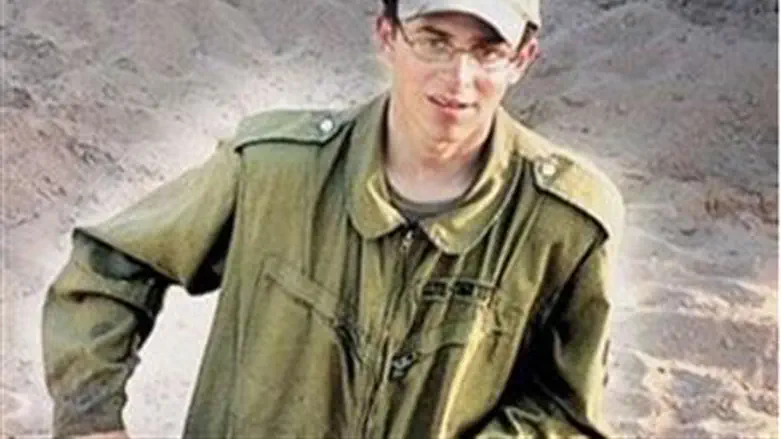
Rami Igra, the former head of the Mossad’s Prisoners and MIAs department, warned Sunday that the release of over 1,000 terrorists in exchange for Gilad Shalit could be very bad for Israel. In the future, “one to one” exchanges should be the law, he told Arutz Sheva.
By limiting prisoner exchanges, lawmakers could prevent future governments from giving in to public and media pressure, he said.
Igra listed three worrying possible results of the proposed exchange, while noting that he hopes to be proven wrong about all three.
The first probable negative consequence is the renewed strength Israel is giving Hamas, he stated. “With our own hands we are giving a second wind to Hamas, a group with the goal of destroying the state of Israel,” he stated. “This will not help us in the future.”
The perceived Hamas victory could put an end to hopes for peace, he added. “We are weakening Abu Mazen [Palestinian Authrity chairman Mahmoud Abbas], who is perhaps the last Palestinian whom we might someday have been able to negotiate with,” he opined.
At least one analyst has suggested that the Netanyahu is not only aware of the possibility of weakening Abbas, but is hoping to do so.
The second major downside to the Shalit deal is the freedom given to terrorist killers who, together, murdered an estimated 600 Israeli civilians and soldiers, Igra continued. He expressed concern not due to the victims’ families’ pain, or the frustration of the soldiers who risked their lives to capture the prisoners, but rather, due to the statistical likelihood that most will return to terrorism.
Past experience suggests that 60% will resume attacks on Israel, he said, meaning that Israel is likely to see the same terrorists in the near future “from the other end of the gun.”
The third consequence of concern is that Israel is teaching terrorists that “a kidnapped soldier is a strategic asset,” he stated. Igra expressed hope that the Shamgar Committee, established to set guidelines for negotiations in cases like the Shalit case, would act to address the issue.
Igra has previously expressed concern that the Shalit deal could be "catastrophic."